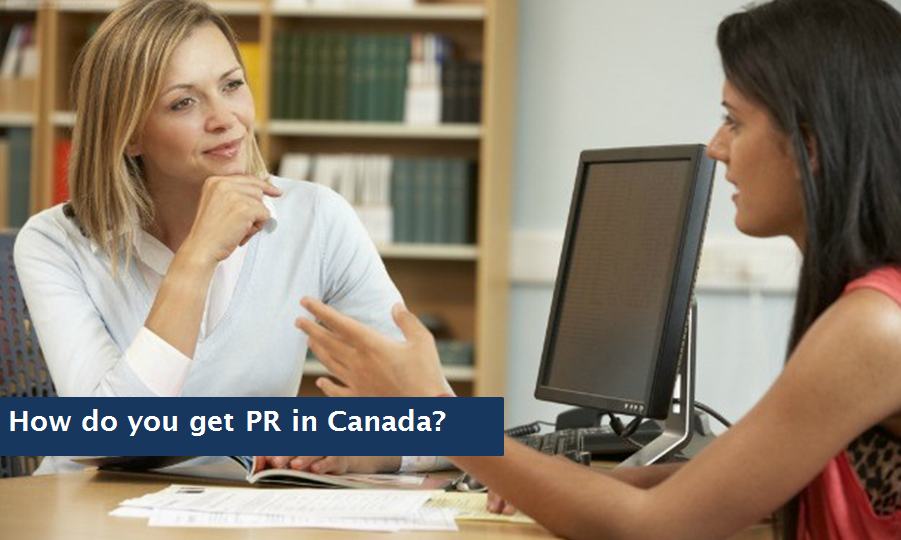
How do you get PR in Canada?
Canada is currently more preferred to any other nation in the world for anyone who
wants to relocate abroad in order to experience a better and brighter future, and also
enjoy a high standard of living. The country's immigration policies are flexible and is
consistently luring thousands of people to itself by offering them a Permanent
Residency (PR) visa.
To get the PR visa in Canada, you are required to apply in any of these, among many
others: the popular point-based immigration programs like Canada Express Entry
System, Provincial Nominee Program, QSWP, etc.
First, a Canadian PR Visa depicts that the holder has been granted the permanent
residency status after immigrating.
For those studying in Canada on a Students Visa, or for the rest of the people working
in Canada on a work visa, they are generally not regarded as Permanent residents of
the country. This is what differentiates them from the PR visa holder, because a PR
visa holder enjoys equal rights as the Canadian citizens, other than voting rights.
Under this category, there are many immigration programs you can apply for. Some
of these are Federal Skilled workers program, Self-employed person's program, the
Provincial Nominee Program (PNP), Quebec Skilled Workers Program (QSWP),
Start-up visa, and many others.
The Canadian Permanent Residency PR visa process is a point-based system where
you get points based on your age, education, language skills, education and other
factors.
Key benefits of becoming a Permanent Resident of Canada
With a Permanent Residency status, you can:
- Live, study and work in any part of state of Canada without a work permit or study visa;
- Apply for the Canadian citizenship after you have stayed in the country for a specific number of years or period;
- Enjoy all the healthcare benefits and the rest of the social benefits enjoyed by the Canadian citizen;
- Own a business and be self-employed;
To apply for a PR visa in Canada, you need the following documents:
- Your ECA (Education Credential Assessment);
- Sufficient funds to prove that you can support yourself and family upon arriving in Canada;
- Your educational degrees or diploma, personal identification documents and other relevant information;
- Your language assessment result, specifically IELTS exam;
- Your skills assessment test;
- Additional fee;
To check your eligibility for Canada immigration, fill the
ProICC Free Visa Assessment form or send us your resume at
Support@proicc.com
